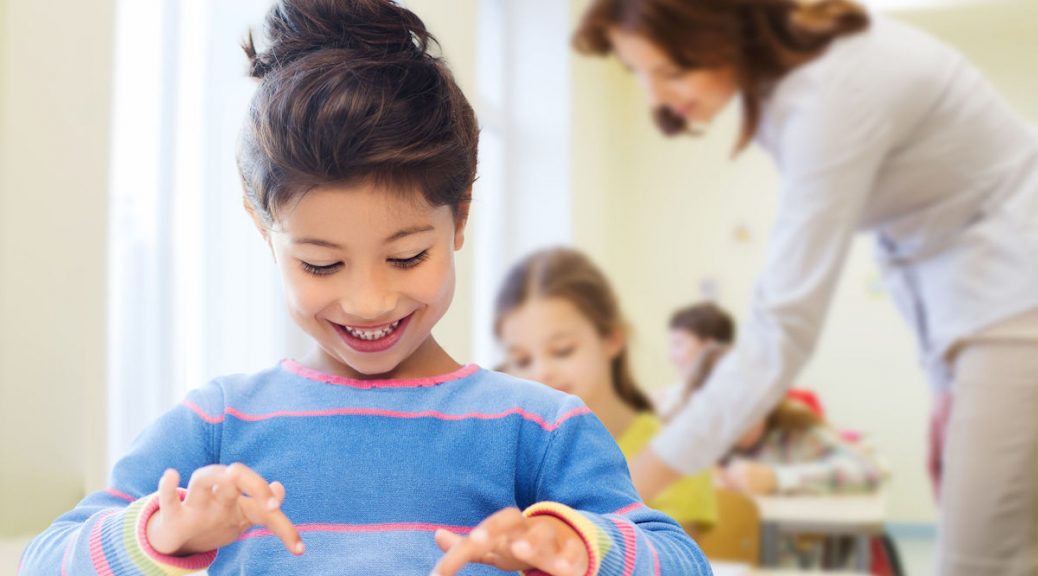
Mental Health Tips For Covid-19 Period
Teachers, school counsellors, and school personnel have remained intently focused on assisting their children and continuing to do their jobs throughout the COVID-19 pandemic. In some circumstances, this may entail teaching, caring for loved ones (children or others), and facing the same obstacles as everyone else. While mental health services have been (rightfully) prioritized for helping kids, parents, and others, less attention has been paid to the mental health of educators who are also attempting to find balance in our new way of life and through remote teaching. As a result, we’ve compiled a list of mental health suggestions for instructors that will be useful throughout COVID-19.
Control what you can.
Certain factors are beyond your control right now, such as who will be affected by COVID-19, whether it will be you, and how things will develop. However, you do have some control over how you spend your time, what you prioritize, what types of media you consume (and how often), and your mindset, to name a few. Concentrate on what you can control, focus on what you can manage, and emphasize the healthy ones.

Make time for self-care to keep your mental health in check.
We are more focused than ever on remote teaching, physical health, and sickness prevention—hand washing, social distance, and engaging in healthy activities. But it’s just as vital to attempt to carve out some time to emphasize the other activities that make us feel balanced: for some, exercise, for others, reading, writing, meditation, or spending time doing something we like. And, if you’re unsure of what you can do for your self-care, merely doing anything can help you preserve your mental health.
Move Your Body to Improve Your Mental Health.
Any activity that gets your body moving can benefit your mental health. Set a timer or make gaps in your schedule to move- meaning move around your residence or take a stroll around your building or neighbourhood—while adhering to physical separation guidelines, of course. Many educators will find it challenging to stay inactive during this time since they are accustomed to moving about, making physical transitions from one area to another, or even taking a lunchtime stroll with a colleague.
Self-compassion as a role model
To sustain mental wellbeing, we need to be extraordinarily lovely to ourselves now more than ever. We teach kids the basics of self-compassion, loving self-talk, and a development mindset all the time. Now is the moment to direct it inwards as well. You’ll boost your mental health and be able to model it for others in your life if you do so.
Establish reasonable goals (for yourself and others).
We must all accept that we are amid a pandemic and distant learning. Things will be different, and that is perfectly fine. We can’t expect to be as productive, organized, or cooperative as we once were. There is no way that you can be all things to all people all of the time if you, like many others, are attempting to balance schooling with caring for your children.

Teachers’ mental health depends on their ability to communicate.
Make sure everyone knows what’s going on, including your coworkers and superiors. You may draw them in and potentially increase your network of resources and support by being open about what you’re going through and what might assist. You could also be setting an example of good communication for your coworkers to follow.
Make no apologies.
We live in a “please accept my apologies” culture. Consider how often you apologize and how you can cease doing so during this period. Take time for yourself, make reasonable goals, set boundaries, and be honest and transparent about what you can do without apologizing (and what you need).